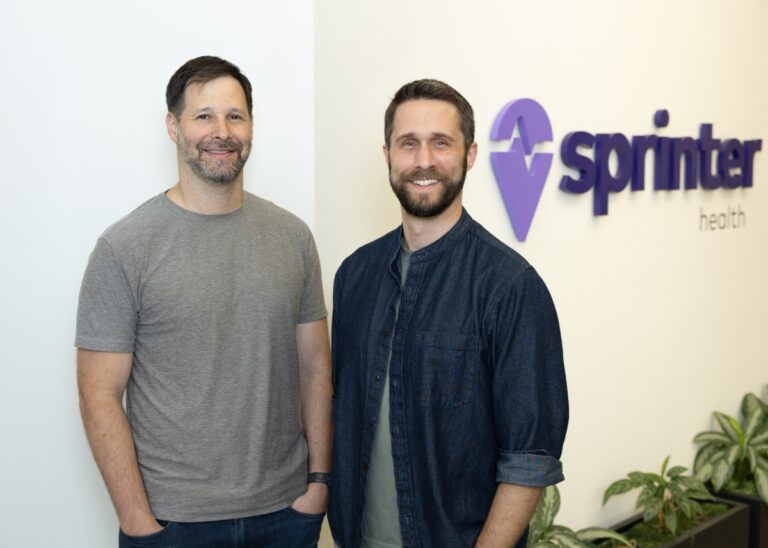When Max Cohen and Cameron Bear set out to launch a startup together, they decided to focus on the most important sector of the time: medical care.
But since Neinder Cohen Nor Beha had experience in medical care (both worked on Google and Facebook previously), they had to think a lot and hard how to contribute to a sector that dominated public consciousness at that time.
The Telesalud was also becoming tremendously popular in those years, but the duo acknowledged that not all patients can be treated remotely.
Then, Cohen and Behar built the health of the Sprinter to fill that void, offering preventive services in the home, such as blood draws, ocular controls of diabetes and colorectal cancer exams. The startup says that its goal is to serve and re -involve patients who have not been using the health system so that they can remain healthy for a long time.
Sprinter of four years has been growing rapidly: now it operates in 18 states (compared to five in 2023), and has seen income increase six times during the past year, Cohen said.
That progress has helped the startup attract a series B series of $ 55 million directed by the Catalyst General. Andreessen Horowitz and other existing investors, including the regents of the University of California, Google Ventures and Accel, also participated. The new capital carries the total financing of the startup raised to $ 125 million.
Sprinter Health’s Secret Sauce is its technological logistics system, which provides optimal routes and schedules to its clinical professionals, phlebotomists trained as medical assistants and community health workers.
“We need to make sure that our employees spend as long as possible according to patients instead of driving,” Cohen said. The company’s route simulator, which represents variables such as traffic, weather and parking, helps its clinical staff (known as sprinters) to 12 patients daily.
“There are many home attention companies that have really failed the economy of the unit works when they are deploying humans in the countryside,” said Julie Yoo, a general partner of A16z, to TechCrunch. “Unless you have very tight operating systems, it is really difficult to build a business that can be sustainable and lasting over time.”
Yoo, which is at the company’s board, compared Sprinter Health business with Instacart and Dordash, since food delivery companies also need to serve as many customers as possible to achieve strong gross margins.
Sprinter Health’s services are free for the members of the company’s health insurance partners, which include Medicare and Medicaid.


